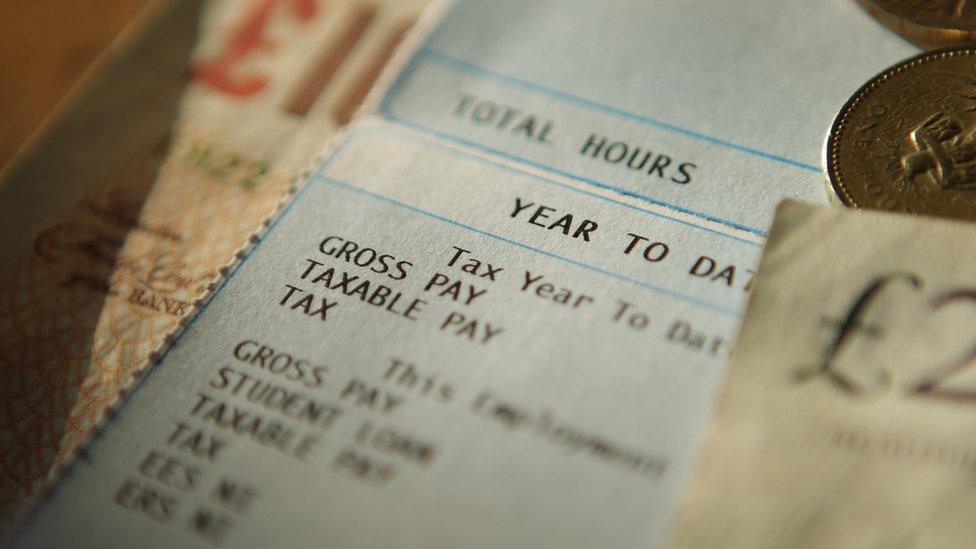Millennials 'set to earn less than Generation X'
- Published
- comments

Millennials are set to become the first generation to earn less than their predecessors, new research suggests.
The Resolution Foundation found that under-35s earned £8,000 less in their twenties than Generation X workers.
The thinktank defines Generation X as those born between 1966 and 1980 and millennials as those born between 1980 and 2000.
If wages for millennials follow the same path as Generation X, average career earnings will be about £825,000.
That would make them the first generation to earn less than their predecessors over the course of their working lives.
Even if millennials' wages improved rapidly like those of their baby boomer parents born after World War Two, their lifetime earnings would be about £890,000, according to the foundation.
That sum would be just 7% more than Generation X, and only a third of the size of the pay progress that Generation X should enjoy over the baby boomers.
The Resolution Foundation also warned that a post-Brexit recession could cut millennials' earnings even further.
Its research found that some of the pay squeeze was due to under-35s entering the job market as the recession hit, but it also concluded that generational pay progress had ground to a halt even before the financial crisis struck in 2007/8.
Complacency risk
Torsten Bell, director of the Resolution Foundation, said: "We've taken it for granted that each generation will do much better than the last - earning more and enjoying a higher standard of living. But that approach risks looking complacent given the realities of recent years and prospects for the future."
The research comes as Prime Minister Theresa May warned last week of a growing divide between a "more prosperous older generation and a struggling younger generation".
The think tank has launched a commission to explore growing inequality between generations.
It will be launched at an event in London on Monday attended by David Willetts, executive chairman of the Resolution Foundation, TUC general secretary Frances O'Grady and CBI director-general Carolyn Fairbairn.
The think-tank also found that millennials will have spent £44,000 more on rent, external by the time they reach 30 compared to the baby boomers, and £25,000 more than Generation X.
Extra spending on rent has reduced young people's living standards and made it harder for them to save for a deposit to buy a house, the foundation said.
Senior policy analyst Laura Gardiner said: "Britain's continuing failure to build enough homes means that unless we change course the struggle of young people to own their home is only going to get worse."
Halifax estimated that the average first-time buyer deposit in the UK was now £33,000.
Related topics
- Published9 March 2016
